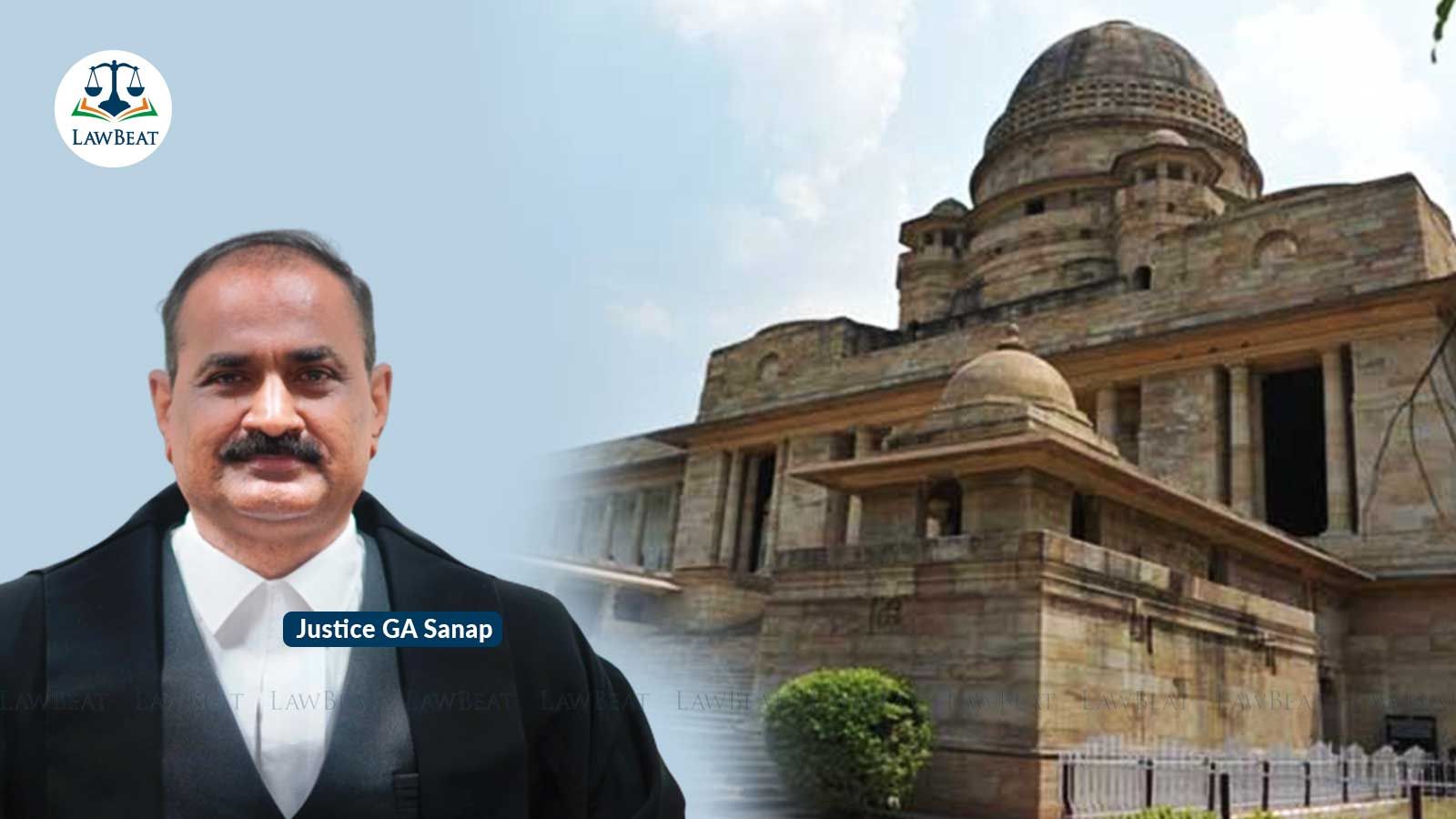Depending Upon Financial Position Externment Order Can Make Dependents Starve: Bombay HC Quashes Order Externing Man From Entire District

The high court was hearing a plea against the order of the divisional commissioner which externed a man from an entire district. The high court noted that to justify a maximum period of two years for externment, the authority must consider objective material to record subjective satisfaction
A single-judge bench of the Bombay High Court in Nagpur, led by Justice GA Sanap, recently quashed an externment order passed against a man externing him from the entire district of Amravati. The court observed that such an externment order can lead to financial distress for the dependents of the person, potentially causing them to suffer from hunger and starvation.
“The order of externment apart from making inroads on the personal liberty guaranteed under the Constitution of India, makes the said person live separate from his family members. Similarly, the externment order can deprive the said person of his livelihood. In the given case, depending upon the financial position of the person, it can make the dependents of the said person to starve,” the bench observed
The high court was considering a plea filed by a man challenging the order of the deputy commissioner that resulted in externing the petitioner from the district of Amravati. The commissioner based passed the order based on 10 cases registered against the petitioner. Subsequently, the petitioner appealed to the divisional commissioner, but the appeal was dismissed. Aggrieved with the decision, the petitioner approached the high court for relief.
Advocate Sumit Gandhe, representing the petitioner, argued that the externment order cannot be sustained because, at the time of notice, four out of the eight crimes were still under police investigation. He contended that four stale crimes were included in the consideration to record the subjective satisfaction, which should not have been considered for the purpose.
Gandhe further asserted that the order of externment for the entire Amravati District, spanning two years, was excessive. He emphasized that the order lacks sufficient reasons to warrant such extensive externment from the district for such a prolonged period.
Additional Public Prosecutor, Mayuri Deshmukh, argued that the continuous engagement in serious crimes until the issuance of the show cause notice was a significant factor in the deputy commissioner's satisfaction that the petitioner's movements and actions posed a danger or harm to people or property.
Deshmukh further stated that based on the statements of confidential witnesses, it was evident that people from the locality were hesitant to come forward and provide statements against the petitioner due to concerns about the safety of their person or property.
Additionally, she emphasized that the crimes registered against the petitioner under the Indian Penal Code were of a serious nature, which provided sufficient grounds for his externment.
The high court agreed with the contentions of the petitioner and referring to the decisions of the Apex Court observed that,
“It is further held that the order of externment deprives the citizen of his fundamental right of free movement throughout the territory of India. The order of externment in fact prevents the person even from staying in his own house along with his family members during subsistence of the externment order. It is, therefore, held that the subjective satisfaction must be arrived at on the basis of the objective material,” the court observed.
The bench noted that to justify a maximum period of two years for externment, the authority must consider objective material to record subjective satisfaction.
The high court also observed that externment orders directly infringe on the fundamental right of movement and must, therefore, pass all legal tests.
“The order of externment, making a direct inroads on the fundamental right of movement, must, therefore, pass all the legal tests. In this case, the order passed by the respondent No.2 and confirmed by the respondent No.1 do not pass the said test,” the bench observed.
Case title: Sachin Raut vs Divisional Commissioner & Ors
